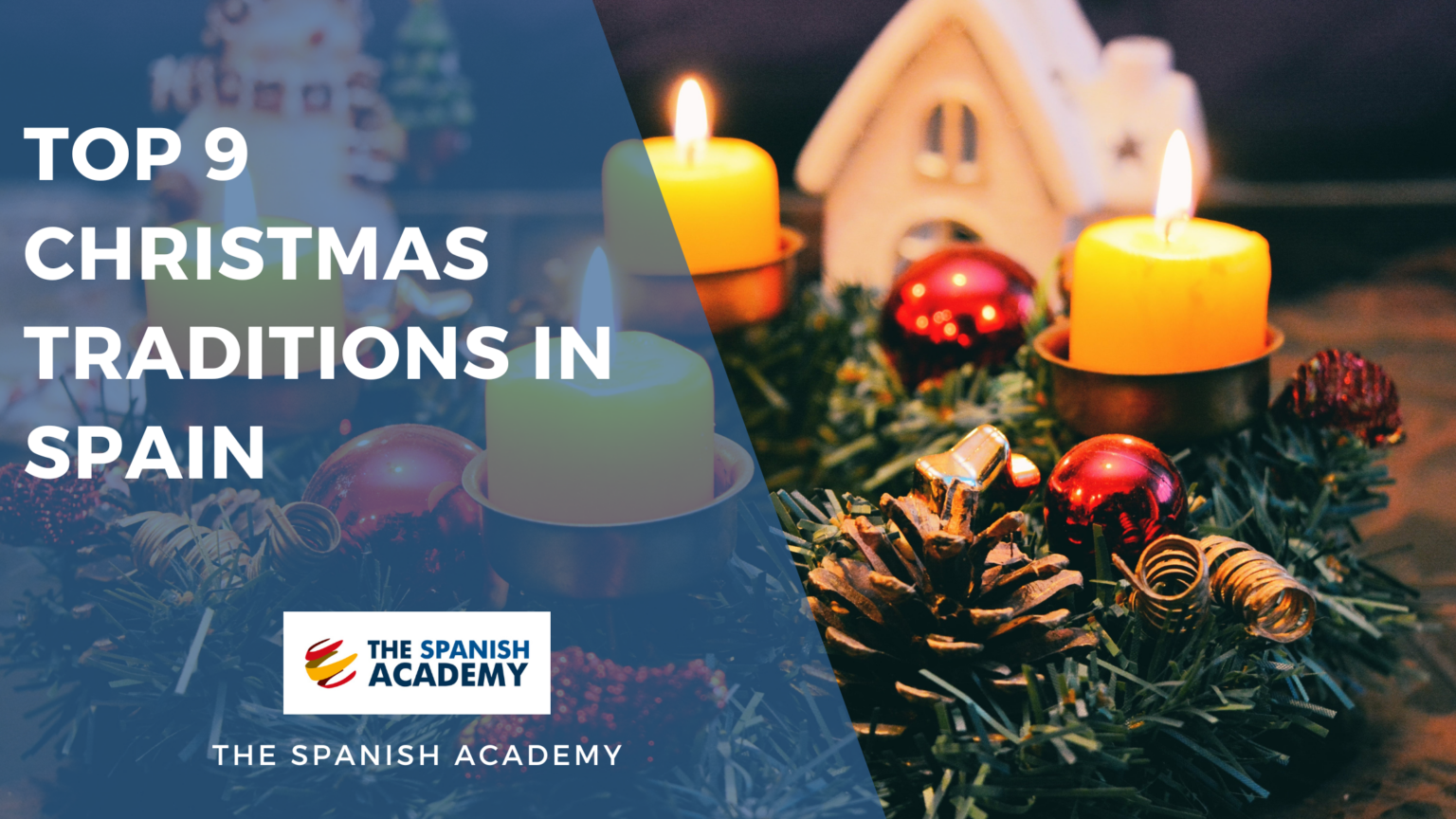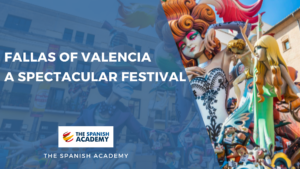¡Hola amigos! As the festive season approaches, let’s embark on a joyful journey to discover the rich and vibrant Christmas traditions that make Spain a truly magical place during the holidays. From lively celebrations to delicious culinary delights, Spain has a unique way of spreading warmth and cheer. Join us as we count down the top 9 Christmas traditions that make this season special in Spain.
La Lotería de Navidad (Christmas Lottery):
Known as “El Gordo” (The Fat One), La Lotería de Navidad is one of the world’s largest and oldest lotteries.
Families, friends, and even entire communities come together to buy and share lottery tickets, hoping to strike it rich on December 22nd.
Winning numbers are sung by schoolchildren during a live broadcast, turning it into a nationwide spectacle.
El Belén (Nativity Scene):
El Belén is a cherished tradition involving the creation of intricate nativity scenes in homes and public spaces.
Families meticulously arrange figurines depicting the birth of Jesus, adding personal touches and regional elements.
Some cities host competitions for the most elaborate and creative nativity scenes.
Nochebuena (Christmas Eve) Dinner:
Nochebuena is a time for family gatherings, and the dinner on Christmas Eve is a feast to remember.
Traditional dishes include roasted lamb, bacalao (salted cod), and a variety of sweets like turrones and polvorones.
The meal often lasts late into the night, with families attending Midnight Mass afterward.
Los Reyes Magos (Three Wise Men):
While in some cultures Santa Claus takes center stage, in Spain, children eagerly await the arrival of the Three Wise Men.
On the night of January 5th, elaborate parades are held in cities, and the Kings distribute sweets to children.
The Epiphany on January 6th marks the culmination of the holiday season with gift-giving.
El Caga Tió (The Pooping Log):
A quirky Catalan tradition, El Caga Tió involves a hollow log with a painted face, symbolizing good luck and fertility.
Children “feed” the log in the days leading up to Christmas, and on Christmas Eve, they beat it with sticks to make it “poop” small gifts.
The absurdity of this tradition adds a lighthearted touch to the holiday festivities.
Villancicos (Christmas Carols):
Music plays a significant role in Spanish Christmas celebrations, with traditional villancicos setting the festive mood.
Carolers, known as “zambombas,” gather in streets and plazas, singing joyful tunes and spreading holiday cheer.
Many regions have their own unique carols, adding a diverse musical element to the season.
El Día de los Santos Inocentes (Day of the Holy Innocents):
Similar to April Fools’ Day, El Día de los Santos Inocentes, on December 28th, is a day for pranks and jokes.
People play lighthearted tricks on friends and family, creating a day of laughter and amusement.
The origins date back to a biblical story, adding a cultural depth to this playful tradition.
Las Doce Uvas de la Suerte (The Twelve Grapes of Luck):
A unique New Year’s Eve tradition involves eating twelve grapes at the stroke of midnight for good luck in the coming year.
Spaniards across the country gather in plazas to partake in this fun and auspicious ritual.
Each grape represents a month, and successfully consuming all twelve is believed to bring prosperity.
Learn more in our post about this tradition: READ MORE
La Cabalgata de Reyes (Three Kings’ Parade):
On the evening of January 5th, elaborate processions featuring the Three Wise Men wind through city streets.
Spectacular floats, musicians, and dancers create a festive atmosphere, culminating in the delivery of gifts to children.
The parades showcase Spain’s creativity and community spirit, making it a must-see event for locals and visitors alike.
As we delve into these festive traditions, it becomes clear that Christmas in Spain is a time of joy, togetherness, and cultural richness. Whether it’s the warmth of family gatherings, the excitement of gift-giving, or the whimsy of unique customs, the holiday season in Spain is a celebration of tradition, love, and the spirit of sharing. ¡Felices Fiestas!




